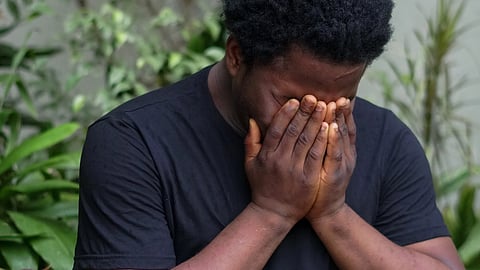Good sleep is crucial for the functioning of the human body and the sustenance of daily activities. But sometimes sleep disturbances and various factors affect it. What do you think of waking up with a rising heartbeat, overflowing thoughts, and extreme worry or fear? This is what is called the morning anxiety or cortisol awakening response.
According to a Lancet study in 2021, during the pandemic, the number of people suffering from anxiety disorders rose to 35%. Women and young people are affected to a greater extent by anxiety and depression compared with men and senior citizens. The global organization WHO also published a report in 2020 that reports that 9.3% of youth in India between the ages of 18 and 24 were suffering from anxiety or depression during the early days of the pandemic. This number will rise to 16.8% by March 2022. It also shows that, compared to men, women are more affected by anxiety and depression.
The symptoms of morning anxiety are restlessness, fatigue, being unable to manage worry, indigestion, headaches, a tight chest, and a rising heart rate. There are many causes for morning anxiety: poor sleeping patterns, physical conditions, hectic work schedules, substance use, increasing the level of the stress hormone ‘Cortisol’, past events, and more caffeine and sugar consumption may impact anxiety. Sometimes morning anxiety may lead to generalized anxiety disorder (GAD).


